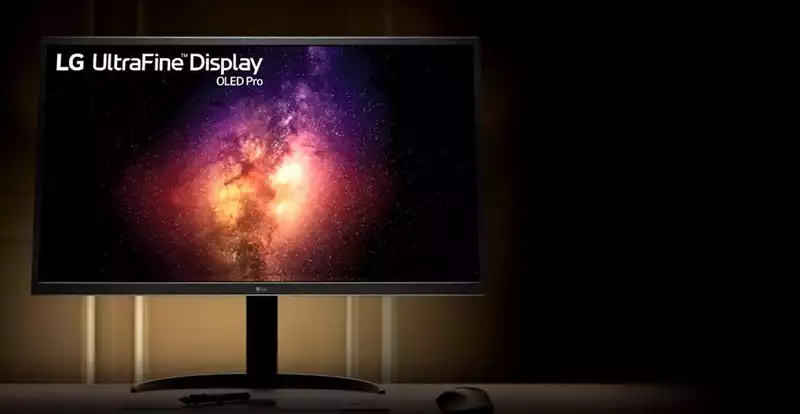Japan's leading OLED panel maker JOLED has gone bankrupt, and while JOLED did not produce panels for the latest generation of OLED gaming monitors, its disappearance is alarming in several ways.
JOLED is a relatively new company, formed in 2015 from the OLED business units of Sony and Panasonic, but its filing for bankruptcy on Monday is sad for PC gamers (via Nikkei Asia (opens in new tab)).
Why JOLED is important to PC gaming is, first of all, because JOLED pioneered the new "inkjet" process for manufacturing OLED panels, which promises dramatic cost savings; both LG's WOLED and Samusng's QD-OLED are more expensive vacuum evaporation manufacturing process, where the OLED material is evaporated in a vacuum chamber and then a mask is used to determine the panel structure. It is not difficult to imagine that it would be less expensive to simply print OLED panels.
JOLED was similarly unusual in that it produced OLED panels with a pure RGB stripe sub-pixel layout. This is the sub-pixel structure used in most PC LCD monitors and is necessary for font smoothing technologies, including Microsoft's ClearType, to function properly.
Admittedly, sub-pixel structure is not as important for gaming and video viewing. However, non-RGB stripe structures are not optimal for general computing tasks. If you want a monitor for everything you do, not just gaming, you need a monitor with RGB stripes. [In any case, JOLED also produced OLED panels with better pixel density than LG and Samsung's OLED PC monitor panels.
JOLED specialized in medium-sized panels that were ideal for PC monitors. In other words, they were larger than panels for cell phones, but smaller than panels for TVs. Prior to this news, we were aware of several LG-branded monitors that actually used JOLED panels, including the 32-inch 4K model shown at the beginning of this article.
However, these displays are intended for the professional market, operating at 60 Hz, rather than as high refresh gaming monitors. Prior to the company's bankruptcy, JOLED's primary market was as panels for medical and military displays.
It is not clear exactly what the remaining future holds for JOLED. Bankruptcy does not mean that the entire business will disappear. It is possible that some or the entire business could be acquired.
According to Nikkei Asia, JOLED will close its two factories, but has already signed an agreement to transfer its "technology and development business" to Japan Display, which counts Apple and iPhone as customers.
Thus, this does not necessarily mean the doom of JOLED's business and technology. It is also worth noting that printed OLED panels tend to wear more easily and have lower brightness than vacuum-deposited panels. However, it does seem that the holy grail of PC OLED technology, inexpensive panels with proper RGB stripe sub-pixels and PC-friendly resolution and size, has taken a bit of a hit.


Comments